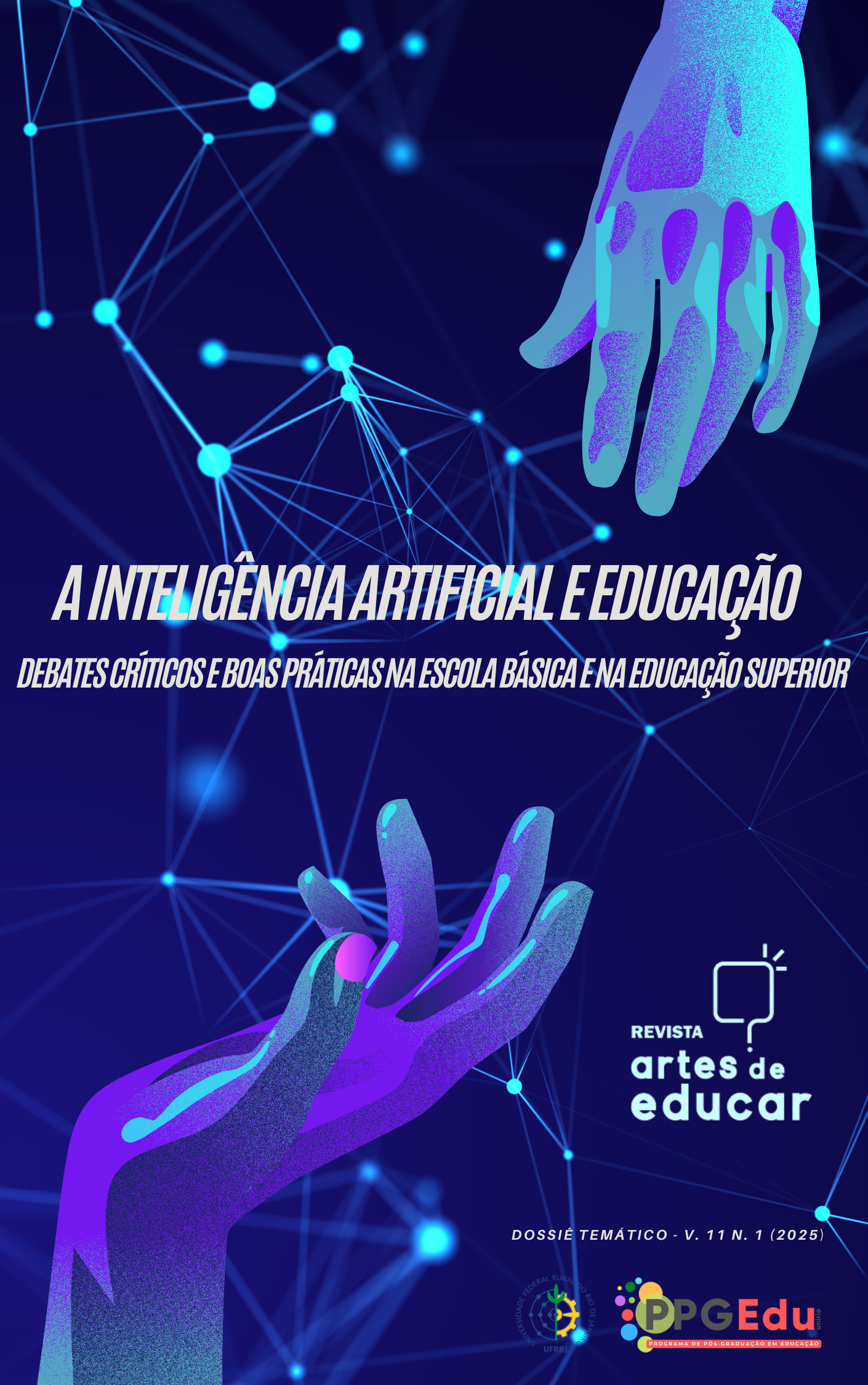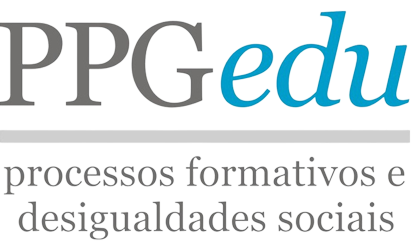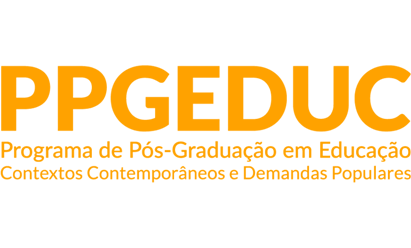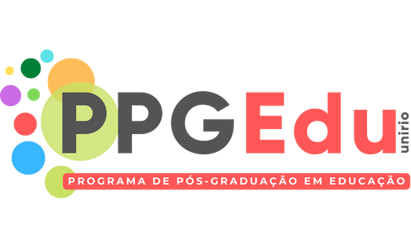GENERATIVE ARTIFICIAL INTELLIGENCE IN HIGHER EDUCATION: CONTRIBUTIONS TO A CRITICAL-REFLECTIVE PEDAGOGICAL PRACTICE
DOI:
https://doi.org/10.12957/riae.2024.84894Abstract
The recent widespread adoption of generative artificial intelligence (GAI) has sparked a critical and reflective movement in education, given its potential to raise challenging issues. In this context, this study analyzed critical-reflective contributions concerning the understanding of GAI, highlighting pedagogical questions related to training and didactic possibilities, with a focus on the higher education scenario. Methodologically, an exploratory and descriptive research approach was adopted, utilizing qualitative methods and relying on bibliographic research to support a case study conducted in the context of higher education. The study involved 175 students enrolled in a continuing education course for teachers, specifically the postgraduate program in Technologies and Open and Digital Education at the Federal University of Recôncavo da Bahia (UFRB). Regarding integrating GAI into pedagogical practice, 26 participants (16.2%) considered it indifferent, not very opportune, or not opportune. In contrast, 123 respondents (76.4%) deemed it highly opportune as a potential enhancer of the educational process. The participants' narratives reveal concerns about the lack of knowledge and training gaps in developing digital competencies and fluency. Nonetheless, the potential for integrating GAI into pedagogical practice, as evidenced in the participants' narratives, points to various possibilities in teaching and learning. The study concludes that insertion GAI in higher education requires careful critical analysis the potential of this technology, considering the socio-political and economic context, and establishing a dialogical process of critical reflection aligned with the promotion of emancipatory and civic education.
Downloads
Published
How to Cite
Issue
Section
License
Copyright (c) 2024 Eniel do Espírito Santo, Mary Valda Souza Sales, André Luiz Carvalho Ottoni

This work is licensed under a Creative Commons Attribution-NonCommercial 4.0 International License.
Authors retain copyright to their work, are permitted to publish and distribute their work online (e.g., in institutional repositories or on their personal page) at any point before or during the editorial process, as this may generate productive changes, as well as increasing the impact and citation of published work.
The acceptance of the text implies the authorization and exclusivity of the Revista Interinstitucional Artes de Educar regarding the right of first publication, the published works are simultaneously licensed with a Creative Commons Attribution-Non Commercial 4.0 International License 























